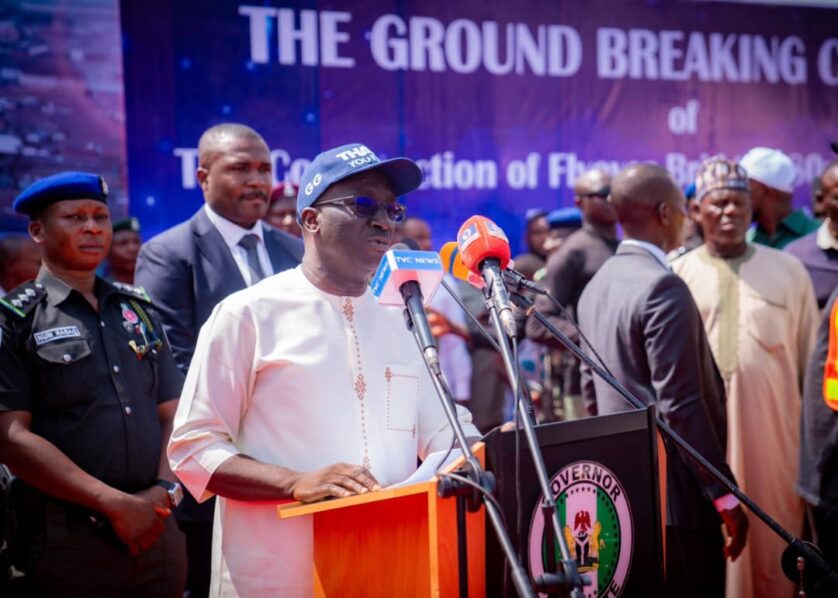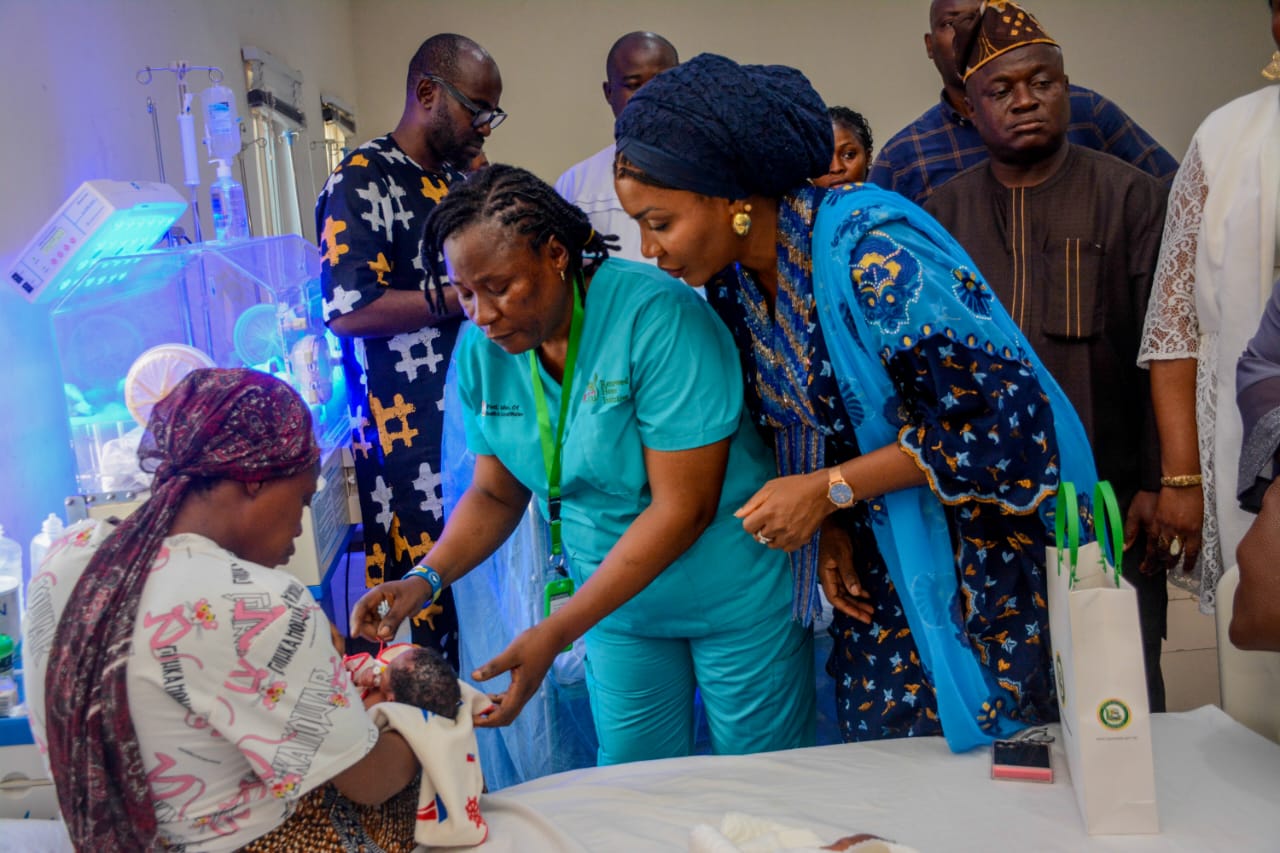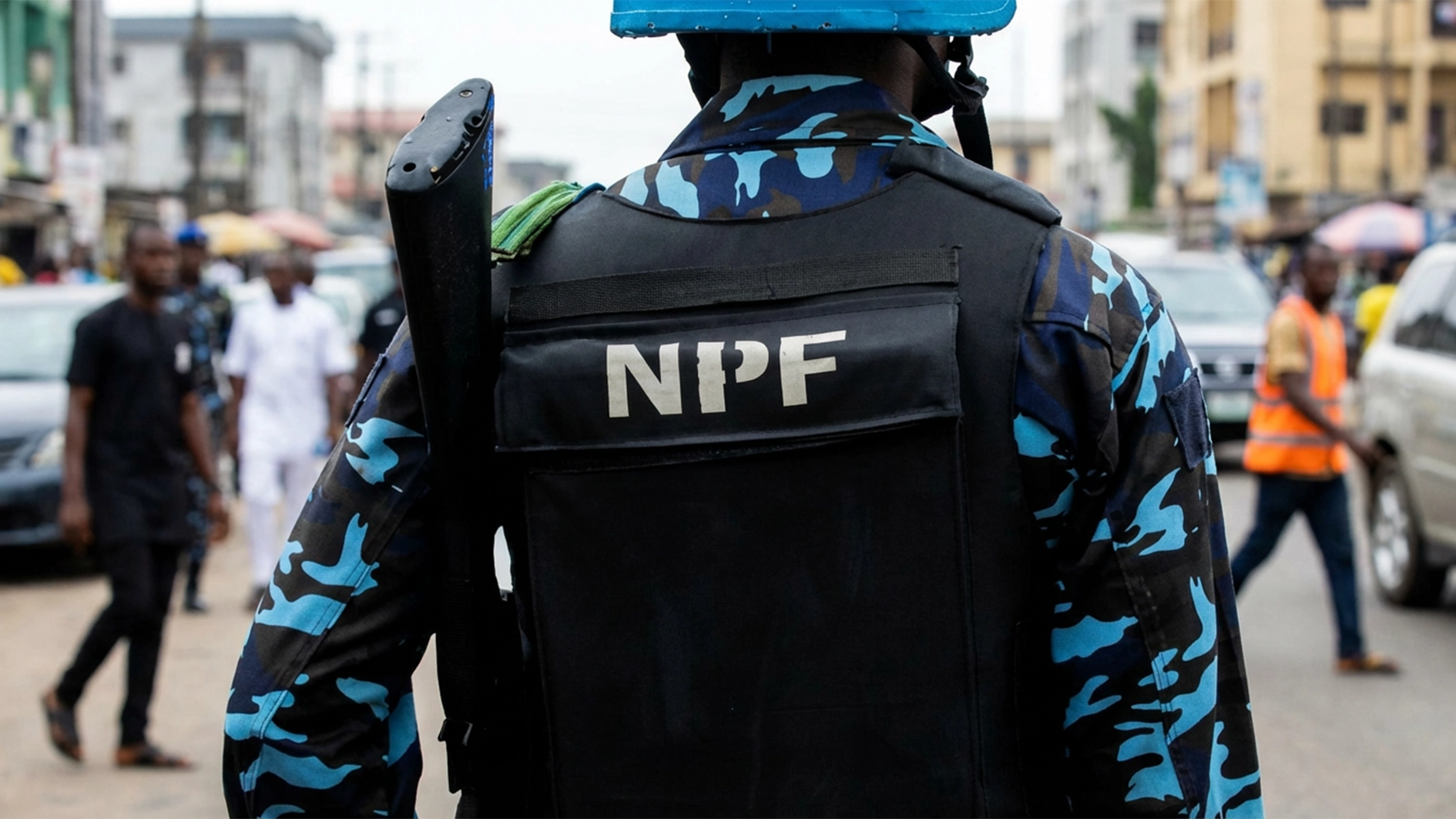
The Transparency Network and Public Interest Initiative has faulted the first major decisions by Governor of Edo State, Senator Monday Okpebholo in awarding contracts for three flyover projects in Benin City to the Chinese construction firm CCECC. The award of contracts, the process and potential financial implications have raised serious concerns among observers.
Dr. Ehizojie Emmanuel Anderson, the spokesman for the group said, not only has the government failed to disclose the estimated cost of the projects, but the selection of CCECC also bypassed key regulatory safeguards, including approval from the Edo State House of Assembly, Edo State Tenders Board and the State Executive Council.
READ MORE: Edo govt flags off flyover construction in Benin City
“Speculation suggests that the projects may be financed by a loan from the China Exim Bank, potentially plunging Edo State further into debt and raising the spectre of unfavourable repayment terms often associated with similar projects under China’s controversial Belt and Road Initiative,” the group said in a statement made available to The Guardian.
“To understand the financial implications, a comparison was made using available data on flyover projects in other states. For instance, in 2023 Rivers State awarded construction giant Julius Berger a contract for a 50.15km road, bridge, and flyover project at ₦195.3 billion, or approximately $4.9 million per kilometre. Applying this benchmark, the proposed Ramat Park flyover in Edo, at 480 meters, should cost around $2.4 million, or ₦4.25 billion. By extension, the total cost of all three flyovers—Ramat Park, Aduwawa, and Dawson—should be under ₦15 billion if handled by Julius Berger, a company renowned for quality but also high costs.”
READ MORE: Again, Kwara, Adamawa, Kebbi, FCT delay action on state police
The Transparency group pointed out that the recent contracts awarded to CCECC in Bauchi State paint a different picture. There, the company charged ₦10 billion per flyover for smaller projects in Wunti and Central Markets, despite Bauchi’s less challenging terrain compared to Edo’s Niger Delta. Using CCECC’s rate, the cost of Edo’s three flyovers could easily reach ₦30 billion—double the estimate based on Julius Berger’s pricing for similar projects, the group queried.
The group emphasized that the price discrepancy raises critical questions.
“The lack of transparency surrounding these contracts is troubling. By law, projects of this magnitude must undergo a competitive bidding process through the Edo State Tenders Board to ensure cost-efficiency. They must also be included in the state budget and approved by the House of Assembly and State Executive Council”.
“Yet, the contracts were reportedly awarded within a week of Governor Okpebholo’s inauguration, without public disclosure of the selection criteria or financing details. The rumoured reliance on a China Exim Bank loan adds another layer of complexity. Under Nigeria’s Constitution, any public loan must receive legislative approval. Skirting this requirement would not only violate the law but also expose Edo to potential debt traps”.
READ MORE: Senate approves Tinubu’s N1.767trn loan request
However, The Peoples Democratic Party (PDP) has also raised alarm over the projects, describing them as a “white elephant” designed to funnel resources to political godfathers. In a statement, the PDP accused Governor Okpebholo of bypassing procurement laws, alleging that the projects were initiated to reward backers who played a role in what the party described as the “subversion of the people’s will” during the September 21 governorship elections. The PDP warned that spending state funds without legislative appropriation constitutes an impeachable offense and called for the governor to disclose full details of the contracts, including costs, timelines, and contractor selection criteria.
Edo’s Public Procurement Act and the ICPC Act are designed to safeguard public spending from inefficiency, corruption, and poor-quality work. By ignoring these frameworks, the state risks inflated costs and substandard construction— costs that will ultimately fall on the shoulders of its citizens.
READ MORE: Deziani seeks to amend asset forfeiture suit against EFCC
Goodluck Osaretin, PDP member, expressed his disappointment at the news. “Their argument that the government must hit the ground running does not justify circumventing established procurement laws. Expediency cannot override prudence when billions of naira are at stake. Governance is not a race; it requires careful planning and adherence to due process. We keep on telling them that this is not the Olympic Games; this is governance and governance is serious business!”
“This situation demands answers, and not just from Governor Okpebholo. We are calling on all institutions charged with upholding transparency and accountability in public spending. Civil society groups must step in to demand clarity on the costs, timelines, and financing arrangements of these projects,” Mr. Osaretin stated. “Edo State’s reputation for fiscal transparency, which saw it ranked first in Nigeria alongside Anambra by BudgIT, should not be sacrificed for political expediency. The new administration must uphold the standards that have been painstakingly built by the previous administration”.






